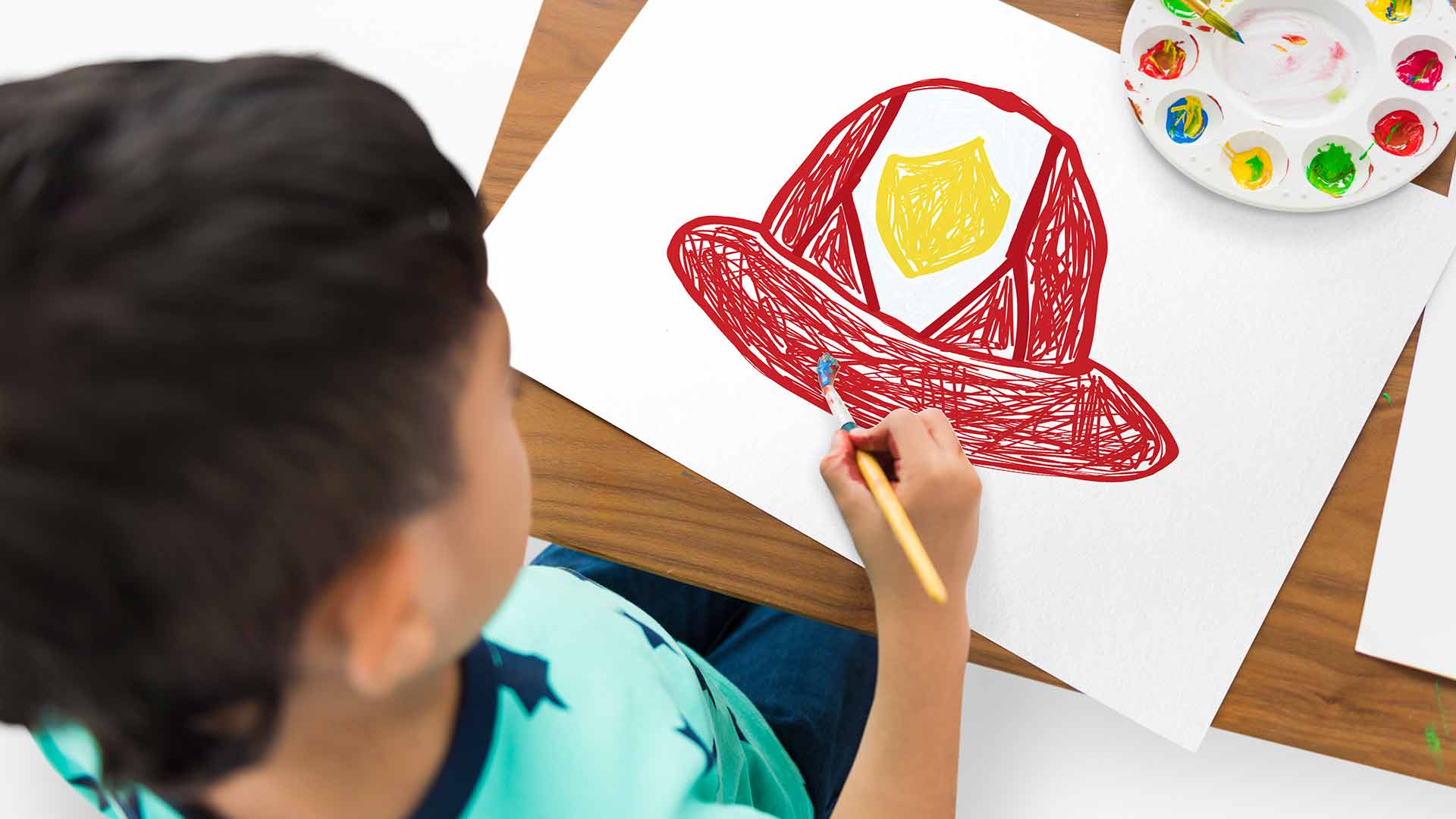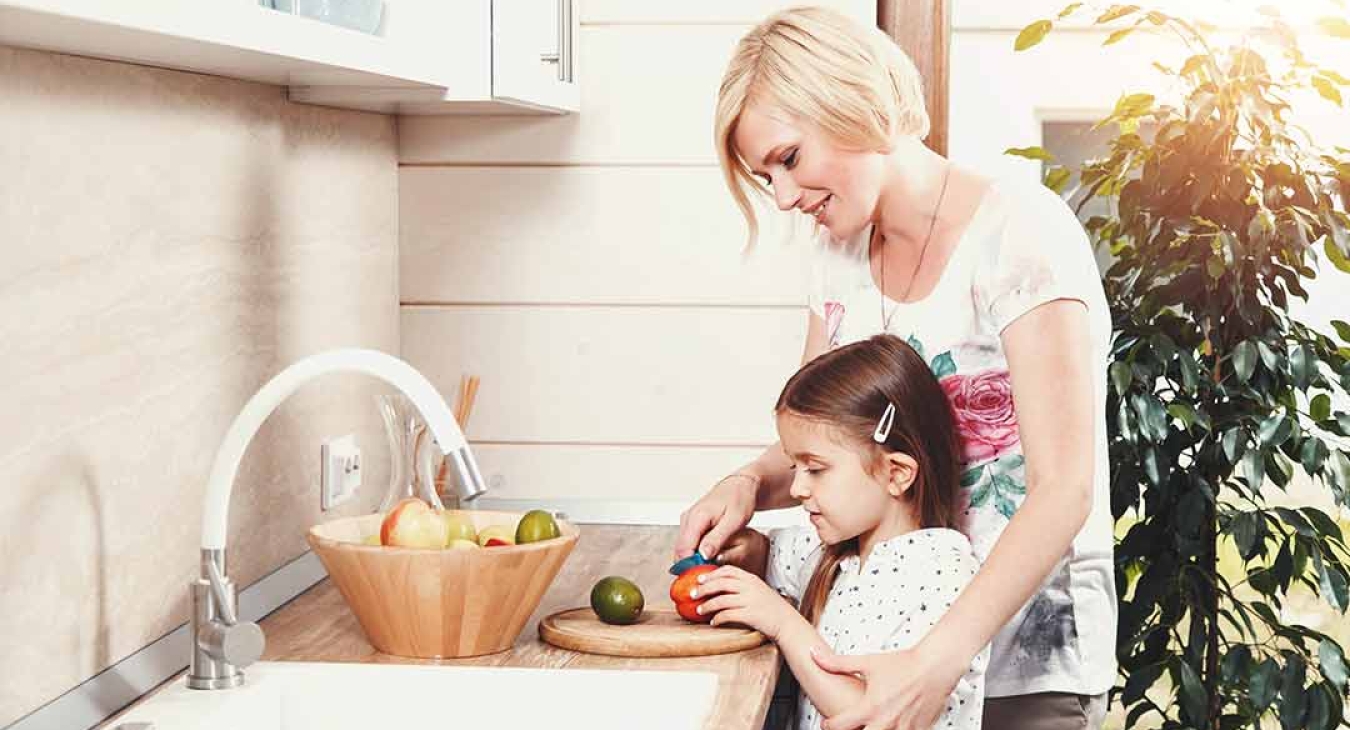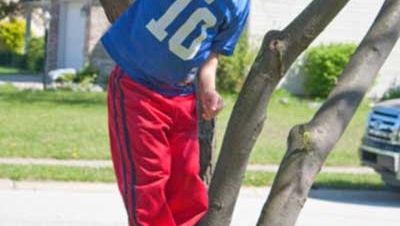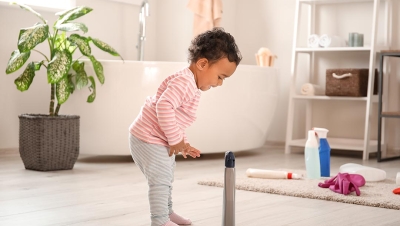Strategies for Keeping Kids Safe At Home
Teaching your children about home safety is the best way to keep your family out of harm’s way. Parents want the best for their children, but you can’t always be by their side. However, there are steps you can take to help your children avoid injury and danger when you’re not around. Teaching your kids about home safety will enable them to make smarter decisions to keep themselves and their loved ones safe. Here are some strategies for keeping your kids safe against common home dangers.
Help Young Kids Understand
Little kids are rarely without supervision, but their curious minds can still get them into trouble. It is essential to give your children a basic understanding of safety from a young age.
Explain Kitchen Knife Safety
The kitchen can be a major area of concern for parents of young children. Be sure to keep knives and other sharp objects out of reach, and explain to your kids why these items can be dangerous. Tell them that knives are for adult use only, and your kids can always come to you for help if they need to cut their food. While you can use child locks to secure sharp objects in your home, you can’t control what your children might encounter at a friend or family member’s house. Cautioning them about the potential harm is the best way to protect them in any setting.
Address Fire Safety
Teachers often explain fire safety to kids in school, but that doesn’t mean they’ll understand it right away. While they might not experience the dangers of fire firsthand, you can prepare them for it by creating an escape plan at home. Just like schools have fire drills, do a walkthrough of your house to show your children the best ways to exit, and designate a meeting place outside, like the mailbox or a neighbor’s driveway.
Discuss Stranger Danger at Home
Kids should never open the door for someone they don’t know. Remind them of this rule when a package is delivered or a neighbor stops for an unexpected visit, and tell them to have an adult answer the door if someone knocks. Under special circumstances, create a safe word that your children can remember and tell them to ask the visitor for the word before opening the door if no one else is home.
Never Take Medicine With Parental Approval
It is always a good idea to tell young kids that they should not go into your medicine cabinet or pick up pills from the floor. Explain what happens when people ingest the wrong dose or drink too much cold medicine. While you don’t want to scare them, you can tell them that pills are not candy, and eating something unfamiliar can give them a stomach ache. They should always let an adult approve medicine dosages before taking anything.
Demonstrate Safety for Older Kids
Older kids can get into trouble, too, unless they learn these safety precautions that are helpful for their age. There are many things to consider as children grow and develop more autonomy.
Keep Personal Information Offline
Kids may not realize that they should never upload their address, social security number or other personal information online. Talk about how they should never discuss personal data in chat rooms, private messages or social media posts. Even if their account is anonymous, people can track their IP address and find their location or identity.
Make Meals They Already Understand
If your kids need to make lunch for themselves, tell them to stick with easy meals to prepare. They could toast bread and easily make a sandwich instead of experimenting with the oven unsupervised. If you walk them through the steps of a simple meal, you will minimize the risk of kitchen fires or misuse of appliances.
Discuss the Security System Code
Older children might not realize the potential consequences of giving out the code for your home security system or garage door friends or relatives, especially if it seems convenient to share it. Remind them never to give this information to anyone without parental permission. The code is in place for a reason, and they would not want it to get in the wrong hands. You should also explain how to disarm the system if they need to get inside when no one else is home.
Include Your Teenagers, Too
Teens crave independence, but they need reminders about how to stay safe, so be sure to include them in family discussions about safety.
Check Windows Before Bed
Older teens generally know how to take care of themselves, so they might start staying home alone. When that happens, remind them to check the windows and doors before going to bed. Everything should be locked to keep your family safe. You can also advise them to leave a light on when they go to bed so outsiders know someone is home, and alert a nearby relative or trusted neighbor that your teen will be there alone. Always have a list of emergency contacts, even for your older children.
Avoid Advertising When You’re Home Alone
With social media easily accessible, teenagers can feel tempted to post about when they’re home alone. They might want to brag about their independence or invite friends over, but you should talk about why that is not a good idea. Strangers could see their posts and target them because they’re by themselves.
If your teenagers want friends to come over while you’re running errands or at other obligations, remind them that they should ask you directly.
Supervise Younger Siblings Safely
Parents often ask their teenagers to watch their younger siblings while they run errands or go out for the evening. Before doing that for the first time, sit your teenager down and discuss their responsibilities while you’re away from home.
When they’re babysitting, they need to keep an eye on their siblings at all times. They shouldn’t get distracted by electronics even if their younger sister or brother falls asleep on the couch. Kids can always wake up and wander into accidental trouble, so it is their older sibling’s responsibility to stick with them.
For further assurance, you can find a local babysitting training course to have your teenager take. The experts will train them for emergencies so they know what to do if the unexpected occurs.
Plan to Review Safety Annually
Initiating conversations about home safety should be part of a routine. Sit down with your family at least once every year to review your safety tips and plans. Talk about what they’re allowed to do by themselves and where they still need to practice caution.
These conversations may seem silly to repeat every year, especially as your children grow up. Yearly reminders could prevent injuries and save lives.
Teach Your Kids About Home Safety
Take the time to think about what areas of home safety your family needs to know. New concerns may arise every year as your children grow older. While you may trust your children to be responsible, you can never assume what they do or don’t know. It’s always better to be safe than sorry.








